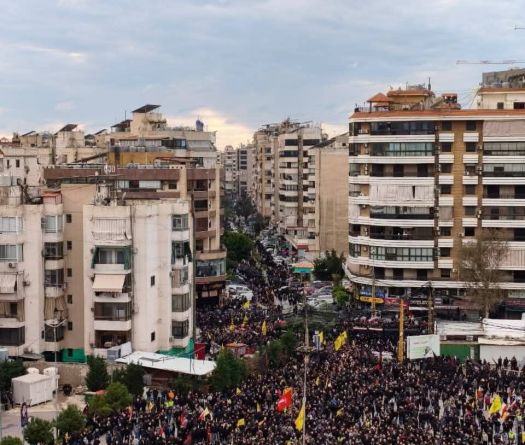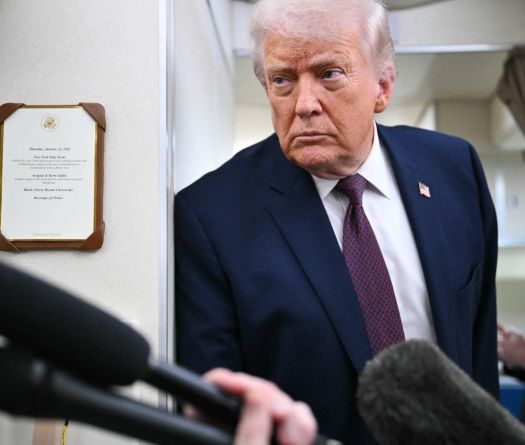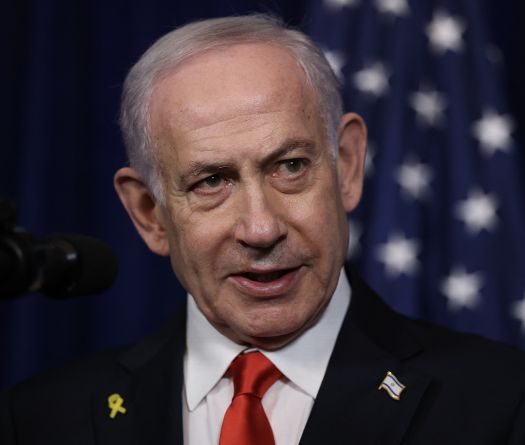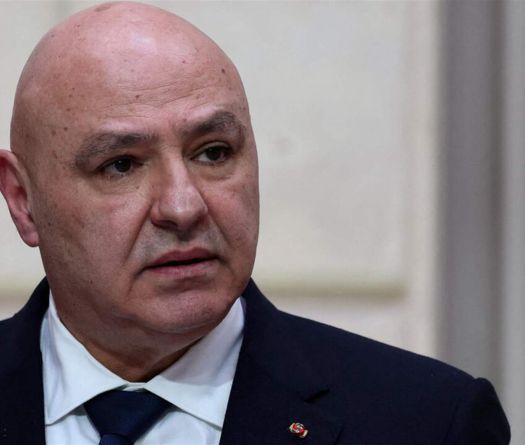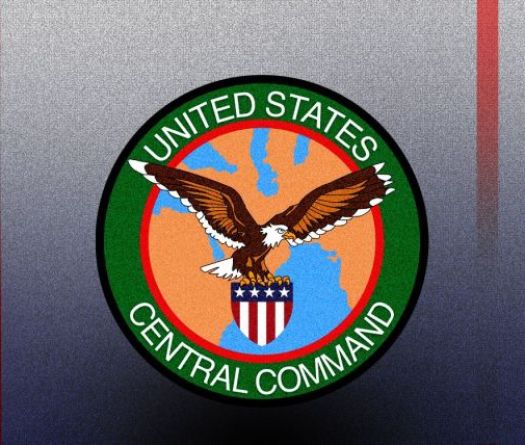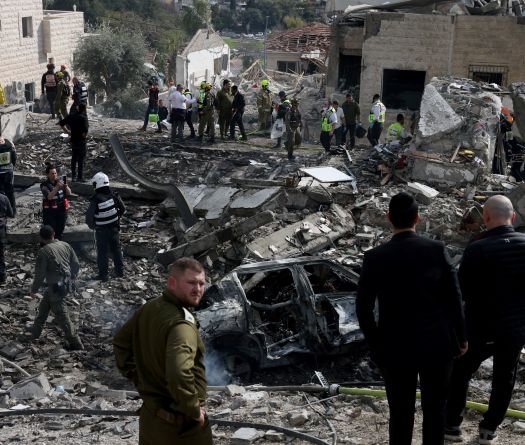
- 19:40 11 still missing after deadly Iranian strike in central Israel: police
- 19:34 Iran state TV says it was targeted by strikes
- 19:26 Trump says nine Iran navy ships 'destroyed and sunk'
- 19:26 US State Department authorises departure of non-emergency personnel from Qatar: embassy
- 19:18 India beat West Indies to reach T20 World Cup semi-finals
- 19:10 Several powerful blasts heard in Tehran: AFP journalists
- 19:04 Some 60 French-owned or -flagged commercial ships blocked in Gulf: shipping organisations to AFP
- 18:56 NATO says adjusting forces to counter 'potential threats' after Iran strikes
- 18:50 Iran insists 'no limit' to right to self-defense: minister
- 18:47 At least 7 dead at Iran protest in Pakistan's northern city of Gilgit: official


Israel Warns Hezbollah of “Severe Blow” as Group Condemns U.S.-Israeli Strikes on Iran
This is Beirut 28/02 17:50

Lebanese Authorities Warn Hezbollah Over Escalation Risks as Regional War Rages
This is Beirut 28/02 14:10

Israeli Airstrikes Target Southern Lebanon Amid Escalation with Iran
This is Beirut 28/02 11:10

Israel Deploys 91st Division to Lebanon Border as Lebanese Leadership Warns Against “Adventures”
This is Beirut 28/02 10:15
See all
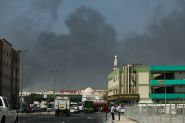

Iran State TV Says Oil Tanker Struck in Strait of Hormuz
This is Beirut 14:10


Israel Says Half of Iran’s Missile Arsenal Destroyed
This is Beirut 12:45

Iran Targets Cyprus After Khamenei’s Killing
This is Beirut 12:10
